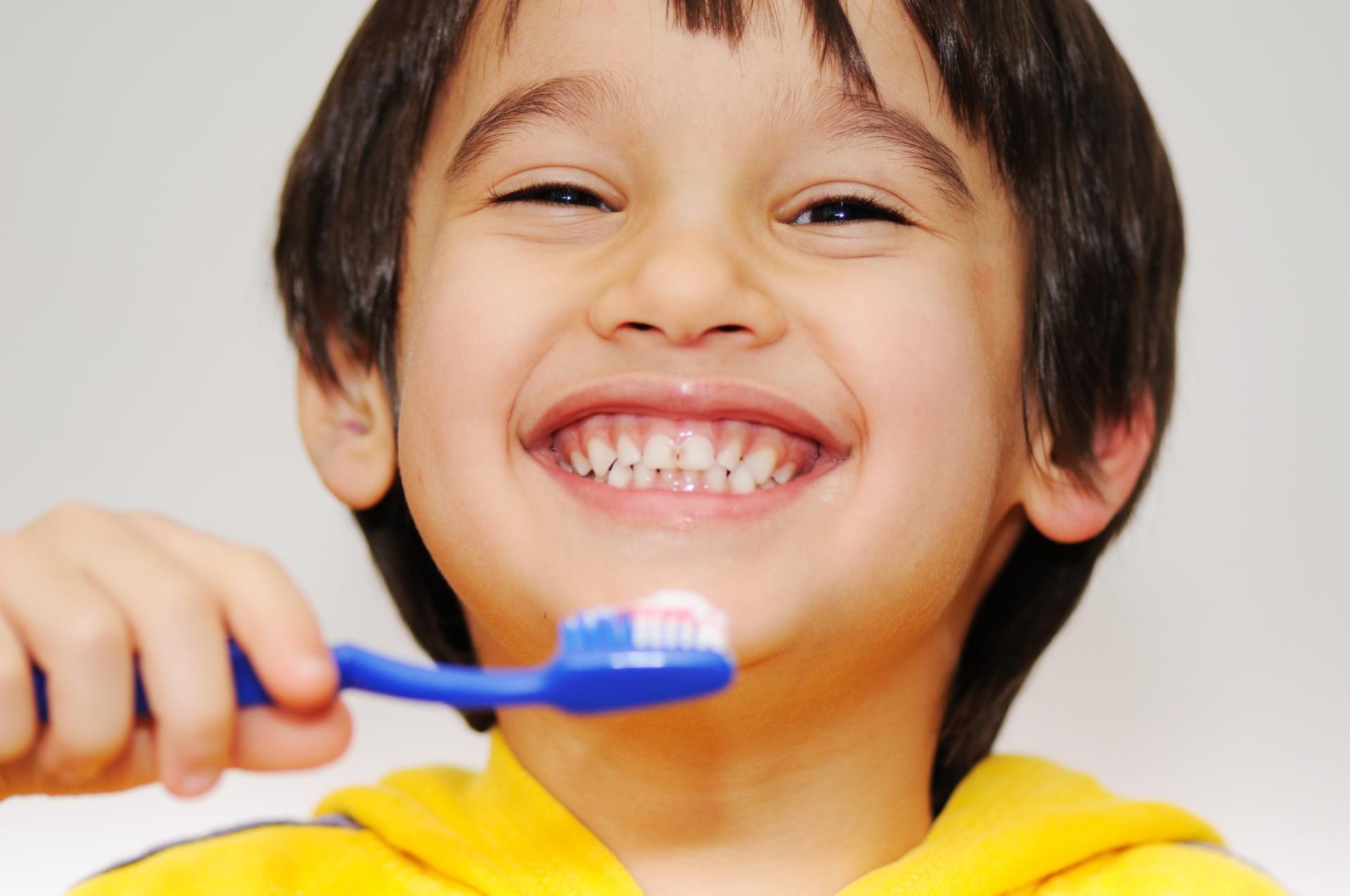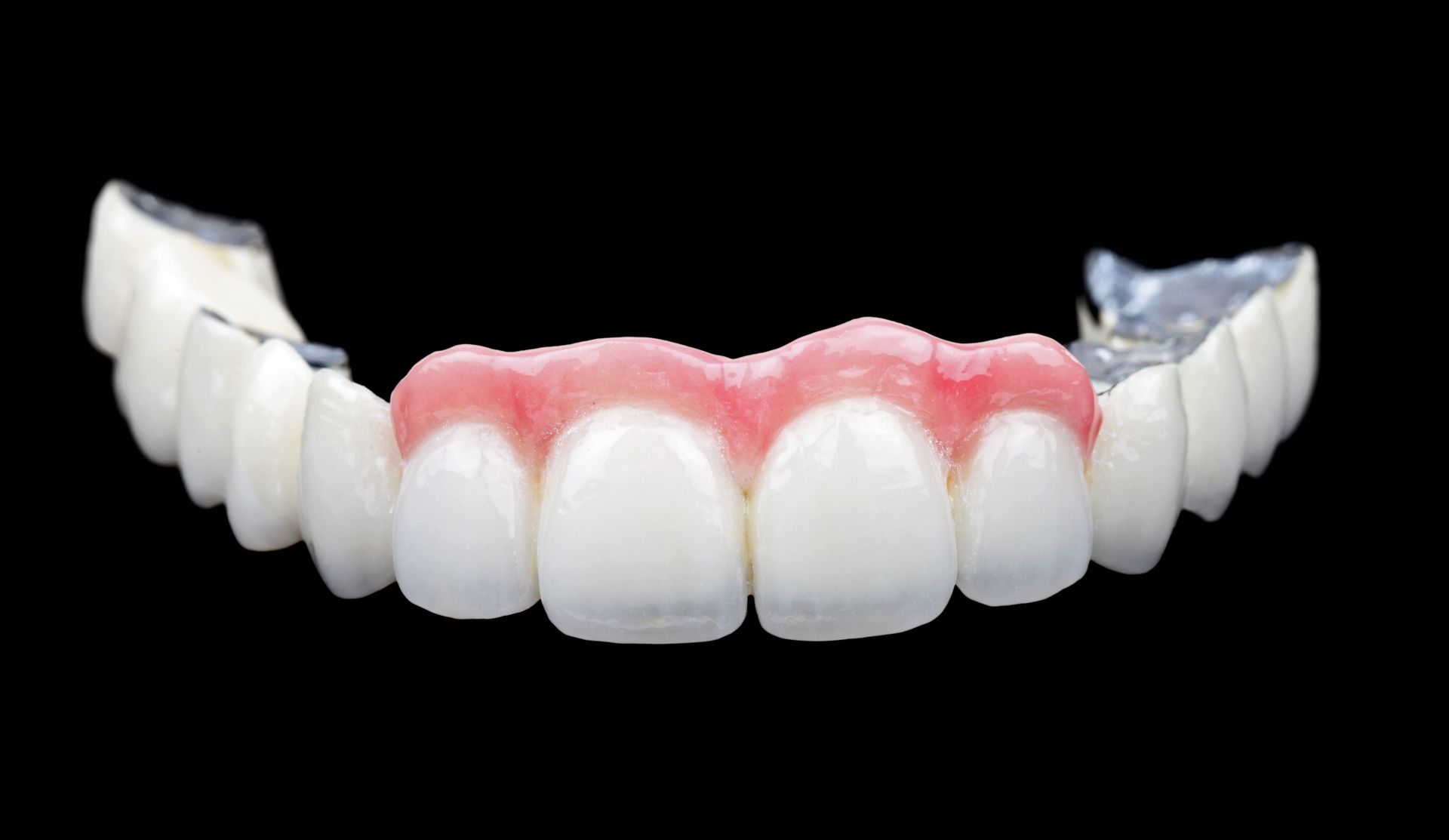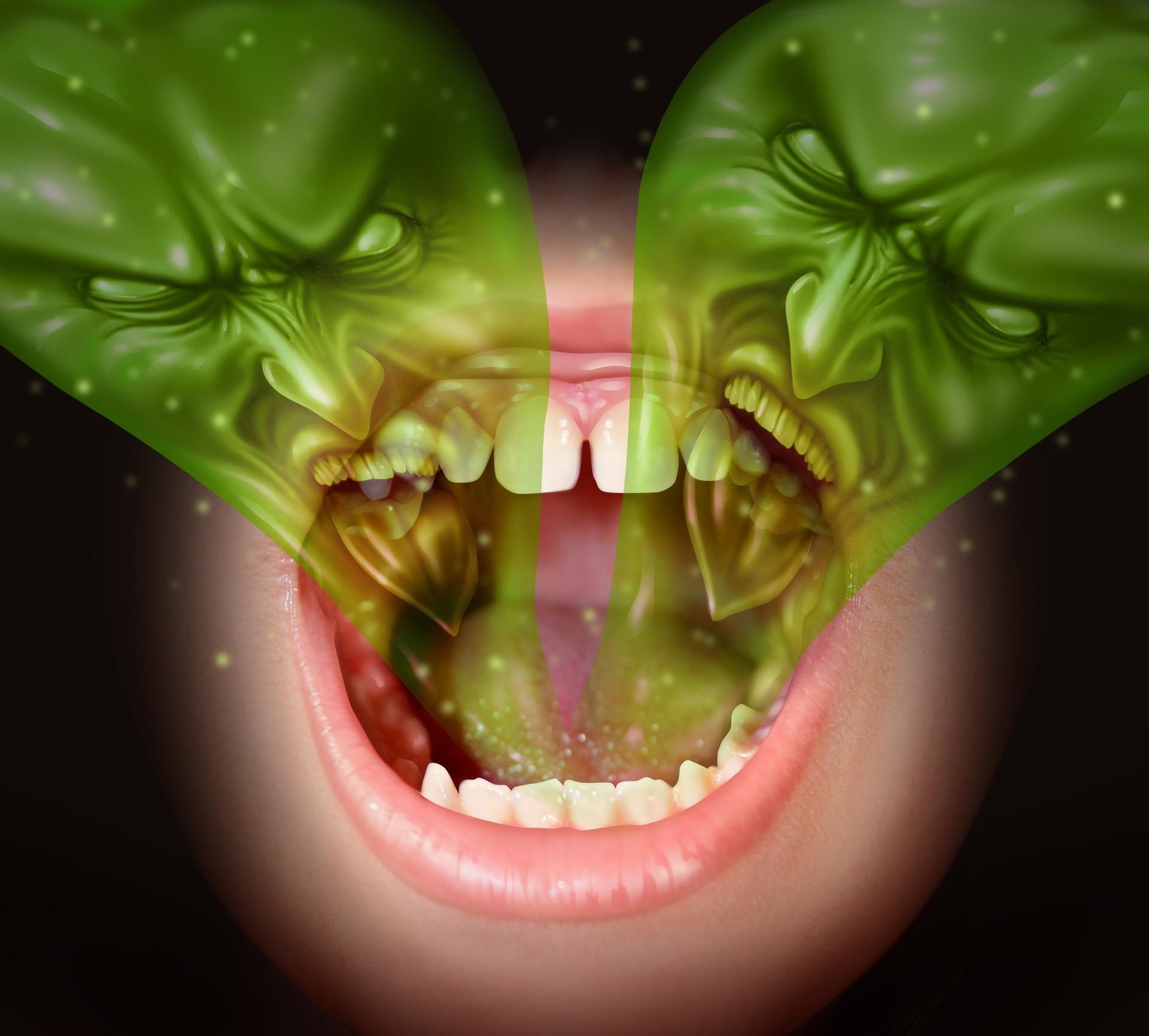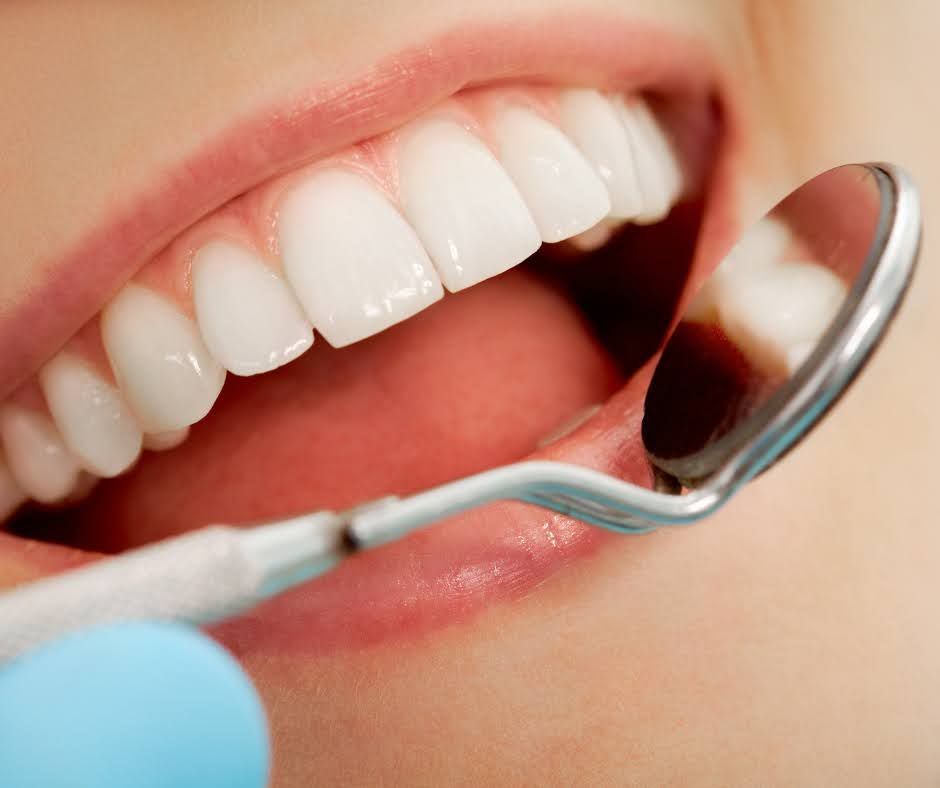Tips to Prepare for a Dental Implant Procedure
A range of dental issues may necessitate the need for dental implants. These issues include tooth loss due to decay, injury, or disease. You may also opt for implants to support a dental prosthesis, such as a bridge or denture.
However, the success of your dental implant surgery largely depends on how well you prepare for the procedure. Discover some tips to help you prepare for dental implant surgery.
Undergo Assessment by an Experienced Dentist
Not everyone qualifies for dental implants. Therefore, the first step is to book an appointment with a qualified dentist for an assessment to establish if you are a fit candidate for dental implants. During the examination, the dentist will:
- Examine your mouth, teeth, gums, and jaws.
- Take X-rays and 3D scans.
The dentist will also inquire about your medical history to establish if you have any underlying conditions that may interfere with the success of the surgery. If the dentist finds out you have such health conditions, the specialist will work with your primary care doctor to manage the condition before implant surgery.
The dental expert will also check your bone density to establish if it can support dental implants. The dentist may recommend a bone graft before implant surgery if your bone is too soft or thin.
Prepare Meals Beforehand
You will have to follow a soft diet for some time after dental implant surgery. The reason is that the surgery may cause swelling, bruising, and pain in your mouth, which hinders you from chewing hard foods.
To avoid this problem, prepare meals and store them in the freezer beforehand. That way, you will have something to eat without having to cook immediately after the surgery. Some of the best foods to eat after dental implants surgery include:
- Mashed potatoes
- Scrambled eggs
- Soup
- Smoothies
- Yogurt
Also, learn the type of foods to avoid after dental implant surgery. These include:
- Hard fruits like apples and pears
- Spicy foods
- Hot beverages like coffee
- Acidic foods
Get Prescription Medications
The dentist will most likely prescribe antibiotics and painkillers before the surgery to help you stay comfortable. Make sure you get the prescription filled beforehand so that you have them ready for after the surgery.
Your dentist may also advise you to take supplements before the surgery to boost your immune system. Additionally, the dentist may recommend using a mouth rinse to keep the area clean and free of infection.
Arrange for Transportation and Recovery
Since you will be under sedation during the surgery, you will not be able to drive yourself home after the procedure. Therefore, ensure you have arranged for someone to pick you up from the dental office.
Additionally, you will need some time to recover after the surgery. Therefore, you may take a few days off work or make arrangements for someone to help you at home if necessary.
Get Enough Sleep
Ensuring that you get enough sleep before the surgery is crucial to help your body to heal faster. Get at least eight hours of sleep every night in the week following the surgery. Also, avoid alcohol or any activity that may interfere with your ability to get quality sleep.
Proper preparation is essential to ensure the success of the dental implant procedure. Follow the tips above and ask the right questions to understand what to expect during and after the surgery.
We are your go-to dental specialists for all restorative dentistry needs. Whether you have lost a tooth to decay, an injury, or gum disease, we can offer you dental implants that look and feel like your natural teeth. Contact us at Carlino & Paton, DDS PC, or visit our website to book an appointment today.
Contact Information
Address: 51190 D W Seaton Drive New Baltimore, MI 48047
Phone: 586-725-9898
Fax: 586-725-4470
Business Hours
Monday: 9:30 am - 6:00 pm
Tuesday: 9:00 am - 6:00 pm
Wednesday: 9:00 am - 6:00 pm
Thursday: 8:30 am - 6:00 pm
Friday: 8:30 am - 12:30 pm
Saturday: 9:00 am - 2:00 pm
Open One Saturday a Month
Contact Information
Address: 51190 D W Seaton Drive New Baltimore, MI 48047
Phone: 586-725-9898
Fax: 586-725-4470
Business Hours
Monday: 9:30 am - 6:00 pm
Tuesday: 9:00 am - 6:00 pm
Wednesday: 9:00 am - 6:00 pm
Thursday: 8:30 am - 6:00 pm
Friday: 8:30 am - 12:30 pm
Closed Saturday and Sunday










